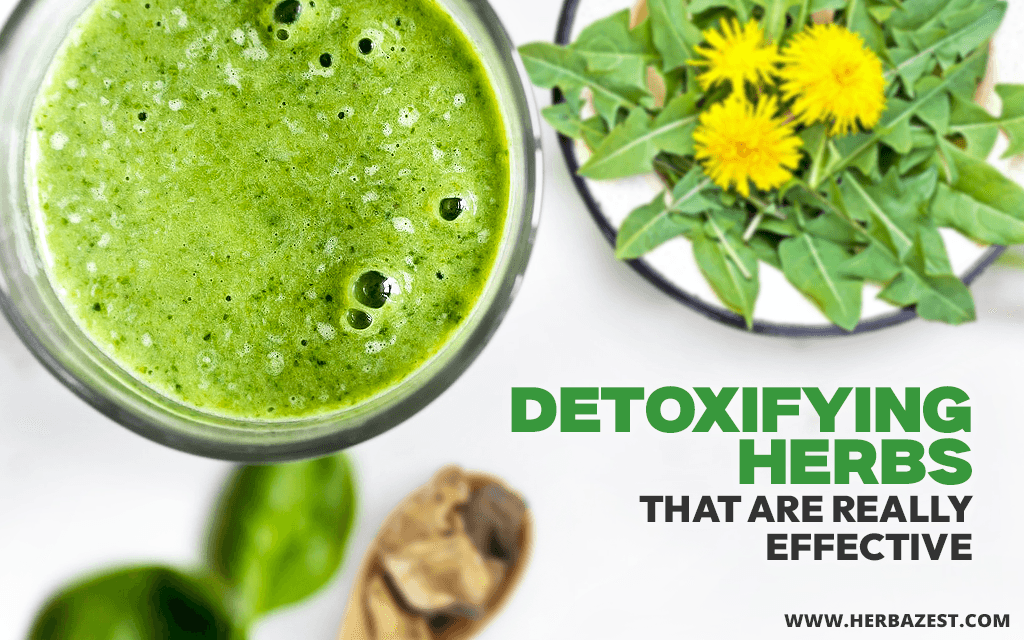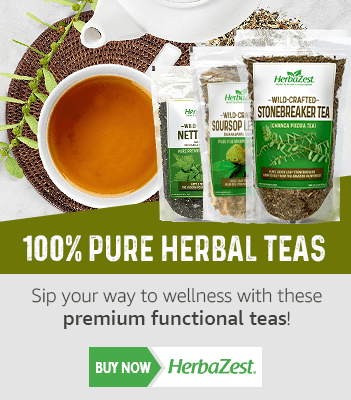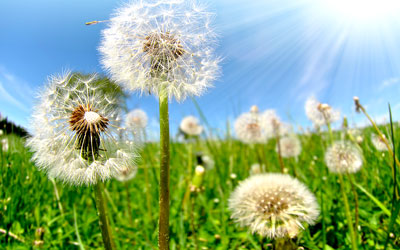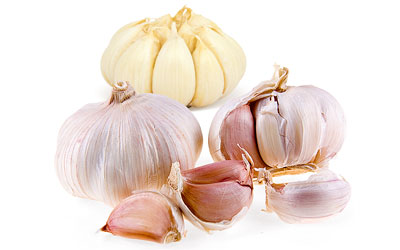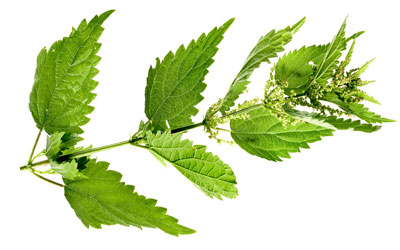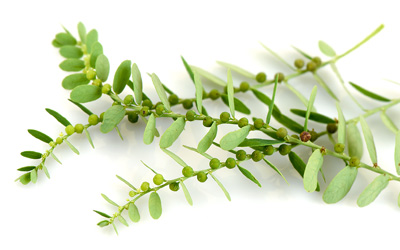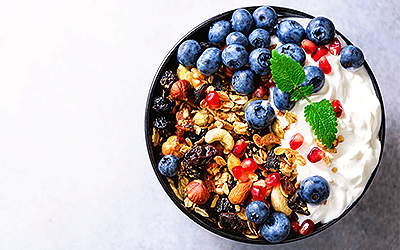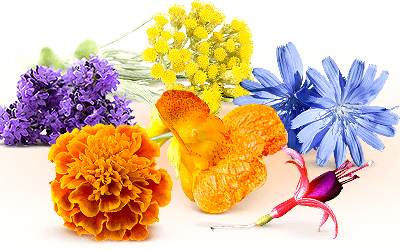Detox diets or cleanses are commonly linked to weight loss benefits, and many social media trends have contributed to install this idea in people's minds. While it is true that they usually lead to weight reduction as a collateral effect, the main goal of a detox or cleansing program is helping the body eliminate harmful amounts of certain compounds that can lead to disease.
What Are Toxins?
A toxin can be broadly defined as something that causes harm within the body, usually by triggering inflammation. The accumulation of harmful elements (natural or not) in our bodies is the root of fatty liver, diabetes, kidney disease, high blood pressure, heart disease, and other chronic diseases.
Common toxins include:
Environmental toxins: They can be in the atmosphere (carbon monoxide, smoke, dust mites, and mold), in tap water (lead and mercury), in fresh produce (pesticides), and in cleaning products (industrial chemicals).
Dietary toxins: Some potentially toxic foods include red meat, bacon, cured meats, sausages, white bread, breakfast cereals, food additives, packed snacks, sugary foods and drinks, and fried foods.
Types of Detox or Cleansing Methods
When most people think about detox, the first image that comes to their minds is a green juice; however, there is a wider variety of body cleansing methods available:
Fasting. This is the oldest way of removing body waste products, and different religions have made it part of their practices for millennia. Fasting reduces the intake of calories and often excludes certain foods for a few days (such as red meat and alcohol) in order to allow the body to naturally regain balance.
Juicing. A popular way of losing weight and getting rid of harmful substances. Juices are obtained from a mix of fruits and vegetables, discarding the fiber as a way to concentrate their benefits and encourage the body to flush toxins through the urine.
Elimination diet. Eliminating certain food groups is very common these days, from grains and sugars to everything containing gluten and food additives. This method can be useful for detecting food allergies and intolerances that might be causing inflammatory responses.
Dietary supplements. Though these supplements are usually over-the-counter products, they can have side effects and should be consumed with caution. Medical advice is recommended.
Herbal treatments. Phytotherapy has become a great ally of modern medicine, and the efficacy of herbal remedies for detoxifying the body has been shown in many scientific studies.
Colon cleanses. The most common methods of detoxing the lower intestinal tract are enemas, laxatives, and colon irrigation. Colon cleanses are usually prescribed before endoscopic procedures as well as in cases of chronic constipation.
Before signing up for any kind of body cleanse program, inform your doctor and get a clean bill of health, particularly if you are taking prescription medications or have a chronic condition.
Detoxifying Herbs
These are some of the most effective detoxifying herbs you can find to get rid of body waste material, depending on where it builds up:
Colon
To move things along, you can get help from the natural fibers in flax and psyllium as well as the stool softening compounds from prunes (dried plums) and senna.1,2,3,4 All of them promote peristalsis to ensure regular bowel movements, relieving constipation and preventing the onset of intestinal inflammation, leaky gut syndrome, and hemorrhoids, among other conditions that can lead to more serious diseases.
Kidney
The main job of the kidneys is to filter waste materials, which are then excreted in the urine; however, residues (such as oxalates) can start building up within the kidneys and, overtime, they can transform into kidney stones. When kidney function is compromised, the urinary system can get a lot of help from stonebreaker, nettle, dandelion, and burdock, among other essential herbs for kidney health.
Liver
Liver diseases are on the rise, mainly due to the excessive intake of inflammatory foods in modern Western diets. When liver's capacity to store fat-soluble vitamins and metabolize cholesterol is reduced, those substances can cause toxicity. Some of the best herbs for fatty liver are boldo, chicory, milk thistle, and hepatica, all of which stimulate the production of bile, a substance that plays a key role in the process of eliminating waste products.
Blood
Heavy metals, like arsenic, cadmium, lead, and mercury as well as essential minerals, such as copper, iron, manganese, selenium, and zinc, are present in the atmosphere, plants, and living beings.5 They can contaminate the body through inhalation, ingestion, or skin contact, affecting the normal functioning of every organ and reaching the blood stream. Eliminating heavy metals as well excess lipids can be difficult, but some blood depurative herbs, such as basil, cilantro, garlic, and barley, have been shown to be highly effective as an alternative or complementary treatment.6,7,8,9
A balanced diet that includes adequate amounts of all essential nutrients and plenty of water (combined with regular physical activity and a healthy body mass index) should be enough to ensure proper bodily function, in which case a detox diet wouldn't be necessary. However, healthy habits are not the norm in modern society, and a culture of excess, with the added damage of environmental pollutants and a sedentary lifestyle, can lead to bodies that are no longer able to naturally get rid of harmful substances. Fortunately, these common herbs are full of medicinal properties and can do wonders for restoring balance.
Sources
- Antioxidants (Basel), Comparison of Intake of Food Groups Based on Dietary Inflammatory Index (DII) and Cardiovascular Risk Factors in the Middle-Age Population of Lower Silesia: Results of the PURE Poland Study, 2023
- Biomedicines, Anti-Inflammatory Properties of Diet: Role in Healthy Aging, 2021
- Current Pharmaceutical Design, Medicinal Plant-Derived Phytochemicals in Detoxification, 2023
- Houston Methodist, 5 Types of Foods That Cause Inflammation
- Interdisciplinary Toxicology, Toxicity, mechanism and health effects of some heavy metals, 2014
- International Journal of Toxicology, Metals and Disease: A Global Primary health Care Perspective, 2011
- Journal of Herbal Pharmacotherapy, Colon cleansing: a popular, but misunderstood natural therapy, 2006
- National Center for Complementary and Integrative Health, “Detoxes” and “Cleanses”: What You Need to Know
- National Institutes of Health, Do Detox Diets and Cleanses Work? 2021
- New York State - Department of Health, What You Know Can Help You - An Introduction to Toxic Substances
- University of Wisconsin, Toxins and Your Health | Improve Your Health by Removing Toxins from Your Body
- Evidence-based Complementary and Alternative Medicine, Plants Consumption and Liver Health, 2015
Footnotes:
- Asia Pacific Journal of Clinical Nutrition. (2020). Effects of flaxseed supplementation on functional constipation and quality of life in a Chinese population: A randomized trial. Retrieved October 24, 2023, from: https://pubmed.ncbi.nlm.nih.gov/32229443/
- International Journal of Molecular Sciences. (2019). The Effect of Psyllium Husk on Intestinal Microbiota in Constipated Patients and Healthy Controls. Retrieved October 24, 2023, from: https://www.ncbi.nlm.nih.gov/pmc/articles/PMC6358997/
- Alimentary Pharmacology & Therapeutics. (2011). Randomised clinical trial: dried plums (prunes) vs. psyllium for constipation. Retrieved October 24, 2023, from: https://pubmed.ncbi.nlm.nih.gov/21323688/
- The American Journal of Gastroenterology. (2021). Senna Versus Magnesium Oxide for the Treatment of Chronic Constipation: A Randomized, Placebo-Controlled Trial. Retrieved October 24, 2023, from: https://pubmed.ncbi.nlm.nih.gov/32969946/
- StatPearls. (2023). Heavy Metal Toxicity. Retrieved October 24, 2023, from: https://www.ncbi.nlm.nih.gov/books/NBK560920/
- Mediators of Infammation. (2021). Basil Polysaccharide Reverses Development of Experimental Model of Sepsis-Induced Secondary Staphylococcus aureus Pneumonia. Retrieved October 24, 2023, from: https://www.ncbi.nlm.nih.gov/pmc/articles/PMC8149242/
- Avicenna Journal of Phytomedicine. (2021). Morphohistometric analysis of the effects of Coriandrum sativum on cortical and cerebellar neurotoxicity. Retrieved October 24, 2023, from: https://www.ncbi.nlm.nih.gov/pmc/articles/PMC8588955/
- Iranian Journal of Basic Medical Sciences. (2013). The Effect of Ascorbic Acid and Garlic Administration on Lead-Induced Neural Damage in Rat Offspring's Hippocampus. Retrieved October 24, 2023, from: https://www.ncbi.nlm.nih.gov/pmc/articles/PMC3843859/
- Preventive Nutrition and Food Science. (2015). Physicochemical Properties of β-Glucan from Acid Hydrolyzed Barley. Retrieved October 24, 2023, from: https://www.ncbi.nlm.nih.gov/pmc/articles/PMC4500513/

